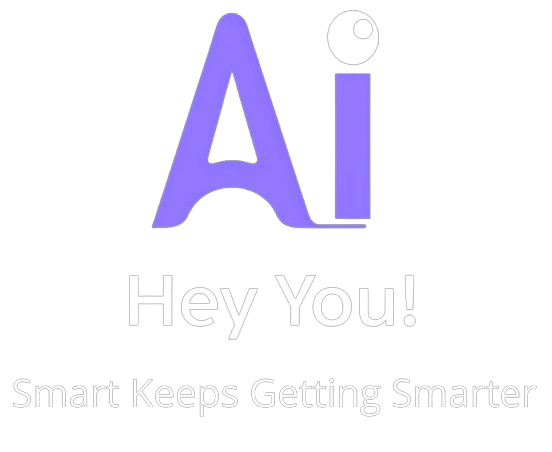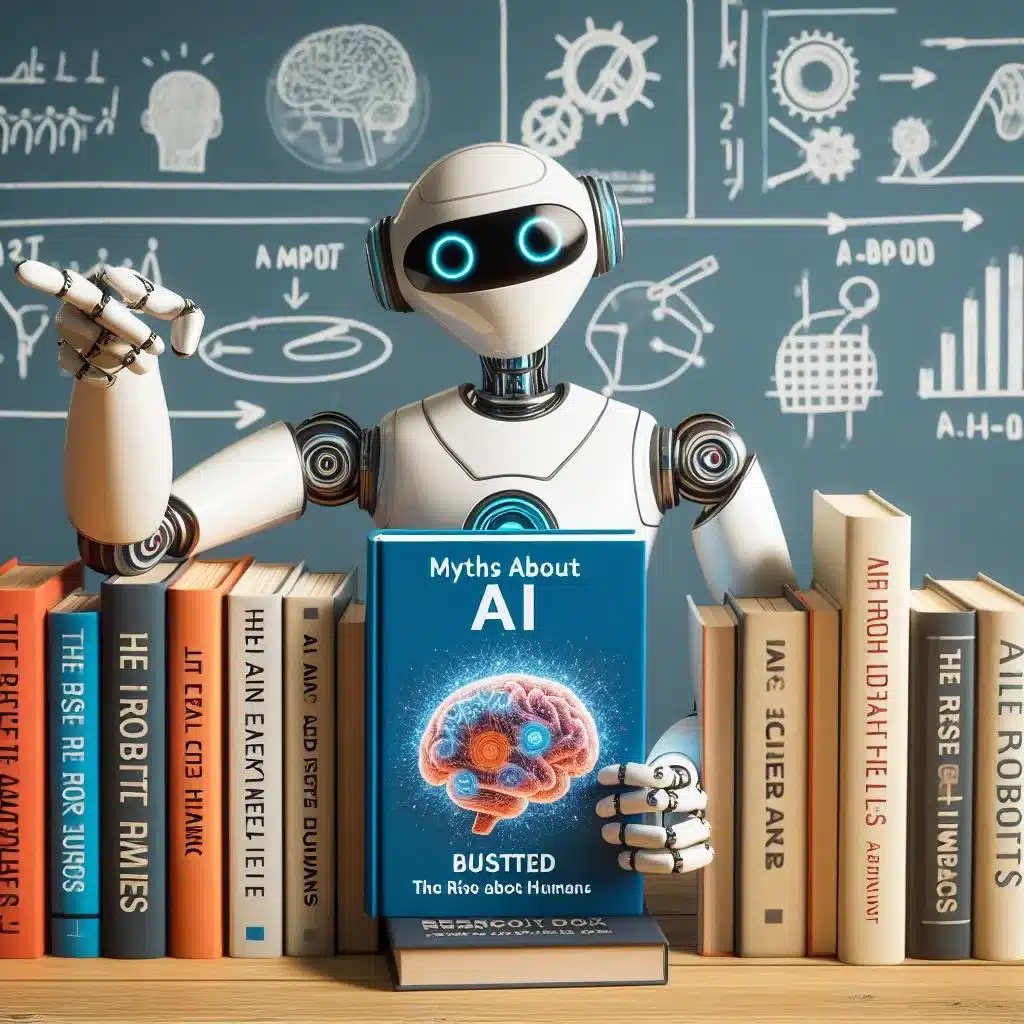Myths About AI :
Artificial intelligence (AI) has become a ubiquitous term, from self-driving cars to smartphone assistants. But amidst the hype and headlines, the myths about AI has many misconceptions linger about AI’s capabilities and limitations. So, let’s separate science fiction from reality and explore what AI can truly do for us today.
Myths About AI #1: AI Will Take Over Our Jobs
This is a common fear, but a complete takeover is unlikely. AI excels at automating repetitive tasks, freeing humans to focus on creativity, innovation, and strategic thinking. Imagine AI handling data analysis or scheduling, allowing doctors or managers to dedicate more time to patients or strategic planning. AI is a powerful tool, but it will likely work alongside humans, not replace them.
Myths About AI #2: AI is Sentient and Can Think Like a Human
While AI can learn and adapt, it currently lacks true sentience or consciousness. AI systems are programmed to perform specific tasks based on vast amounts of data. They can’t think independently or understand the world in the same way humans do.
Myths About AI #3: AI is Too Expensive for Small Businesses
The cost of AI is constantly decreasing, with many affordable solutions available for small and medium businesses (SMBs). Cloud-based AI services and user-friendly platforms allow SMBs to leverage AI for tasks like customer service chatbots, data analysis, or marketing automation.
Myths About AI #4: AI is Completely Unbiased
AI algorithms are only as objective as the data they are trained on. If the data contains biases, the AI system will reflect those biases. It’s crucial to ensure training data is diverse and representative to avoid biased decision-making in areas like loan approvals or recruitment.
Myths About AI #5: AI is a Magic Black Box
While the inner workings of complex AI systems can be intricate, understanding the basics is essential. Many AI applications are designed with explainability features, allowing humans to understand the reasoning behind an AI’s decision. This transparency is vital for building trust and ensuring ethical use of AI.
Myths About AI #6: AI is Infallible
Fact: AI is not perfect and can make mistakes. For instance, an AI trained to identify dogs in images might incorrectly classify a picture of a cat as a dog if the cat’s features closely resemble those of a dog. Moreover, AI can be biased if the data it is trained on is biased. It is crucial to remember that AI is a tool created by humans, and like any tool, it is not infallible.
Myths About AI #7: AI Understands Context Like Humans Do
Fact: While AI has made significant strides in natural language processing, it still struggles with understanding context in the same way humans do. AI can analyze text and identify patterns, but it does not understand the nuances and complexities of human language, including idioms, metaphors, and cultural references.
So, What Can AI Do?
AI excels at tasks involving:
- Pattern Recognition: AI can analyze massive datasets to identify patterns and trends that humans might miss, aiding in areas like fraud detection or healthcare diagnostics.
- Automation: AI can automate repetitive tasks, freeing up human time and resources for more strategic endeavors.
- Predictive Analytics: AI can analyze data to predict future outcomes, allowing businesses to make data-driven decisions and optimize processes.
- Machine Learning: AI systems can continuously learn and improve based on new data, making them adaptable and efficient tools.
The Future of AI
The field of AI is constantly evolving, with new applications and capabilities emerging all the time. By understanding the current limitations and focusing on ethical development, AI has the potential to revolutionize various sectors, from healthcare and finance to manufacturing and transportation. The key lies in harnessing the power of AI responsibly, using it as a tool to augment human capabilities and create a better future for all.

